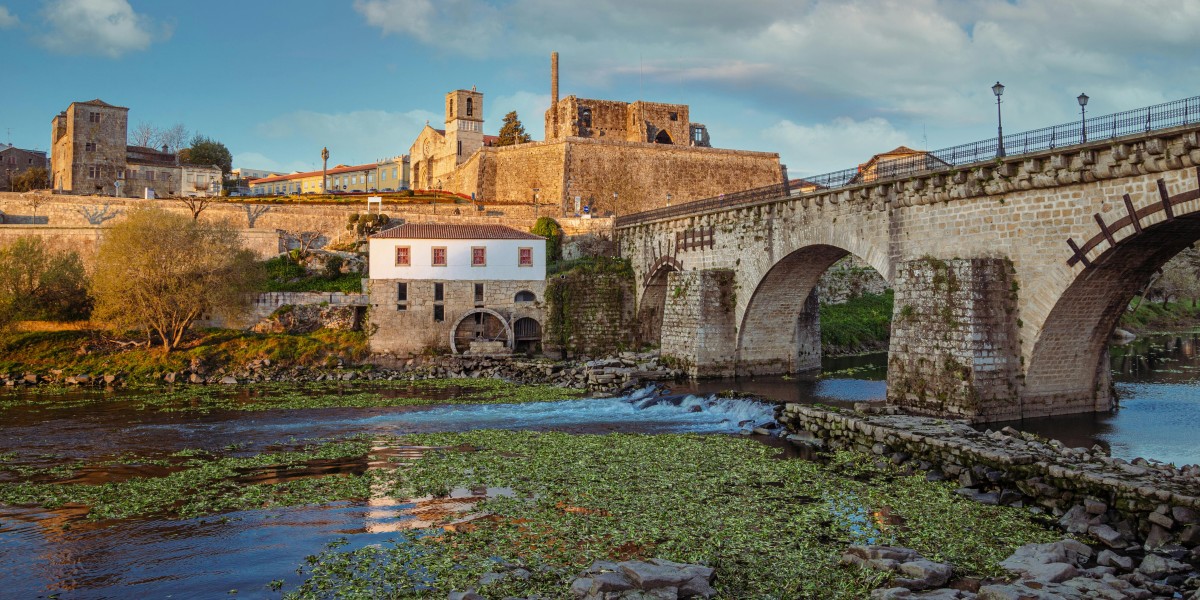
Located in Cávado Valley in northern Portugal, Braga is a city of enduring cultural significance combined with fresh-faced, contemporary living. Said to be the oldest city in Portugal, it is surrounded by rolling emerald hills and is known for its enduring cultural significance and religious heritage. Living in Braga means you’re less than an hour from Porto and also from the Spanish border, making it a convenient base for travel. With a growing expat community, Braga is a good place to live if you are drawn to its tranquil pace of life, rich history, and excellent amenities.
What is Braga Like?
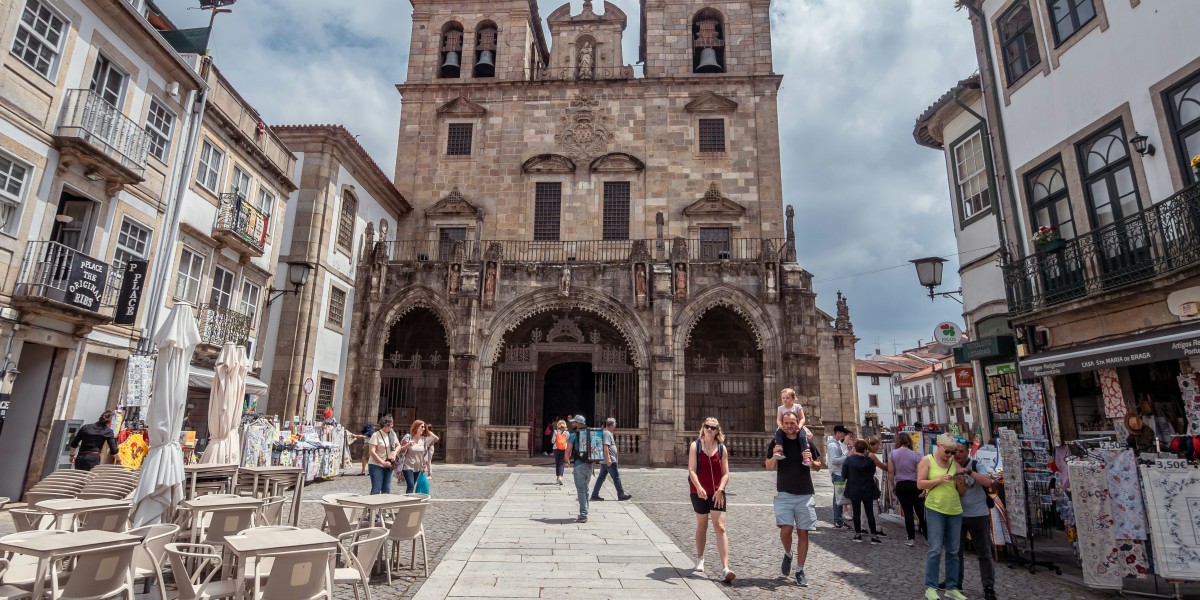
Braga is famous for its elegant baroque architecture and for having the highest concentration of religious buildings in Portugal. Notable landmarks include Bom Jesus do Monte, a prominent pilgrimage site with sweeping views of the city. The city centre features narrow cobblestone streets, grand plazas and baroque churches.
In addition to the city's impressive historic sites, you'll find modern shops, brunch cafes, and restaurants offering local cuisine, as well as options for Thai, Italian, vegan, and Japanese food. The University of Minho adds a youthful energy to the city and attracts a more international crowd.
The city centre transitions into modern neighbourhoods with apartment blocks. Beyond these, you'll find low-rise houses scattered across the hills that ascend from the valley and others extending north to the banks of the river Cávado.
Pros and cons of living in Braga
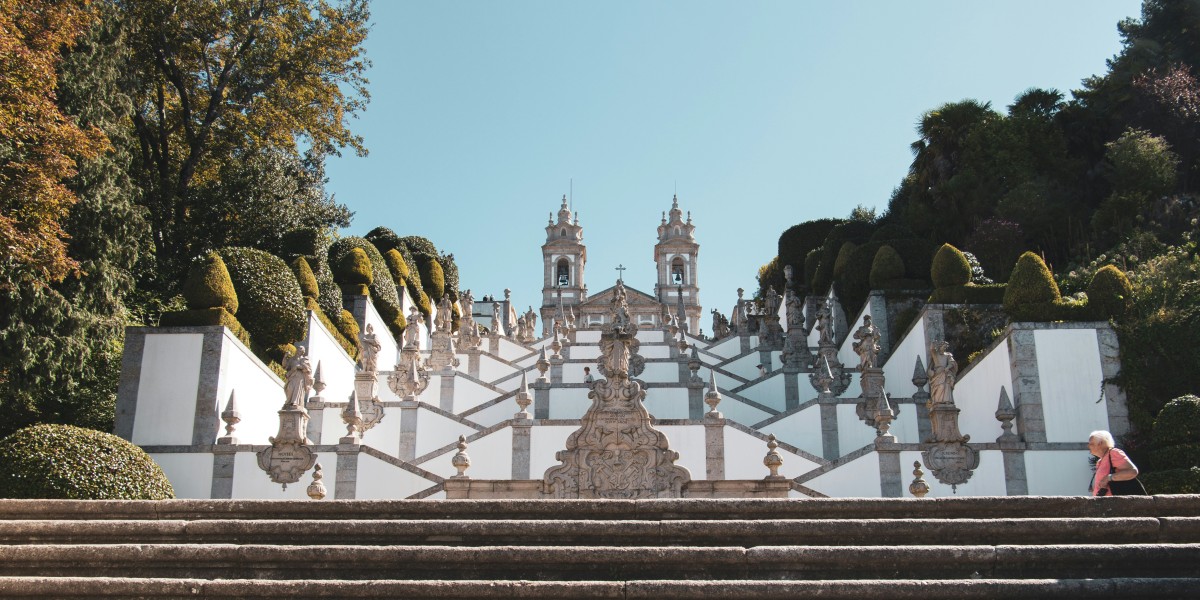
Like all places, the city of Braga is not for everyone. Its population of over 100,000 may suit you if you’re looking for a smaller yet still urban place to relocate to. However, it’s good to weigh up the good and bad before making a concrete decision.
Living in this historic city certainly comes with its perks:
- Affordability: Braga offers a lower cost of living compared to larger cities like Lisbon and Porto.
- Quality of life: The city is known for its peaceful pace, making it an ideal spot for those seeking a tranquil lifestyle.
- Cultural heritage: rich historical landmarks and vibrant cultural events enhance the living experience.
But there are drawbacks:
- Weather: Braga experiences quite a lot of rain, particularly in winter, which could be a downside for some.
- Job market: While growing, the job market may not be as robust as in Portugal's larger cities, potentially limiting opportunities.
Where to live in Braga
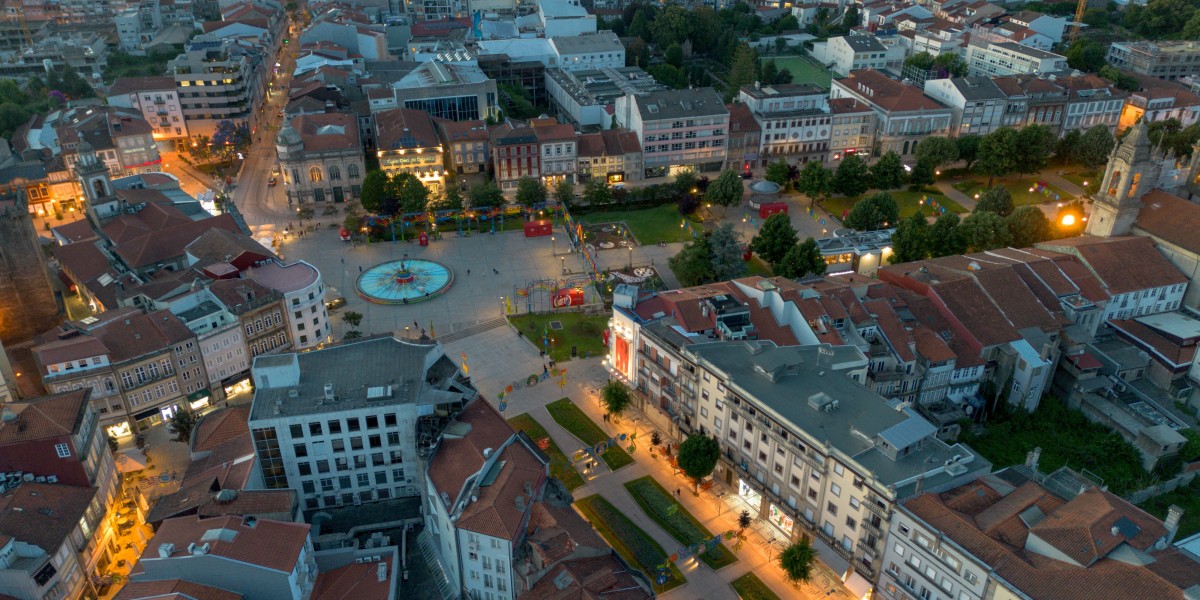
Braga offers a range of neighbourhoods to suit various lifestyles and budgets.
The university quarter
Neighbourhoods around the university campus, like Gualtar and São Victor, are buzzing with youthful energy, cafes, and student bars. Braga Parque shopping centre is nearby, and there are also several green spaces in the area.
The city centre
The centre, encompassing neighbourhoods like Maximinos – Sé – Cividade, comprises a mix of old townhouses and more modern apartments. It tends to be more touristy, and the property is priced higher, at around €2,292 per m2 as of March 2025.
The outskirts
For more affordable options, Aduafé and Merelim (São Pedro) e Frossos offer lower property prices, at around €1,300 per m2 on average. However, these areas are technically parishes located about 6 kilometres from the city, providing a more rural lifestyle while being further from essential amenities. Espinho is another option near Bom Jesus do Monte, perfect for families seeking more space and a closer connection to nature.
Is Braga expensive?
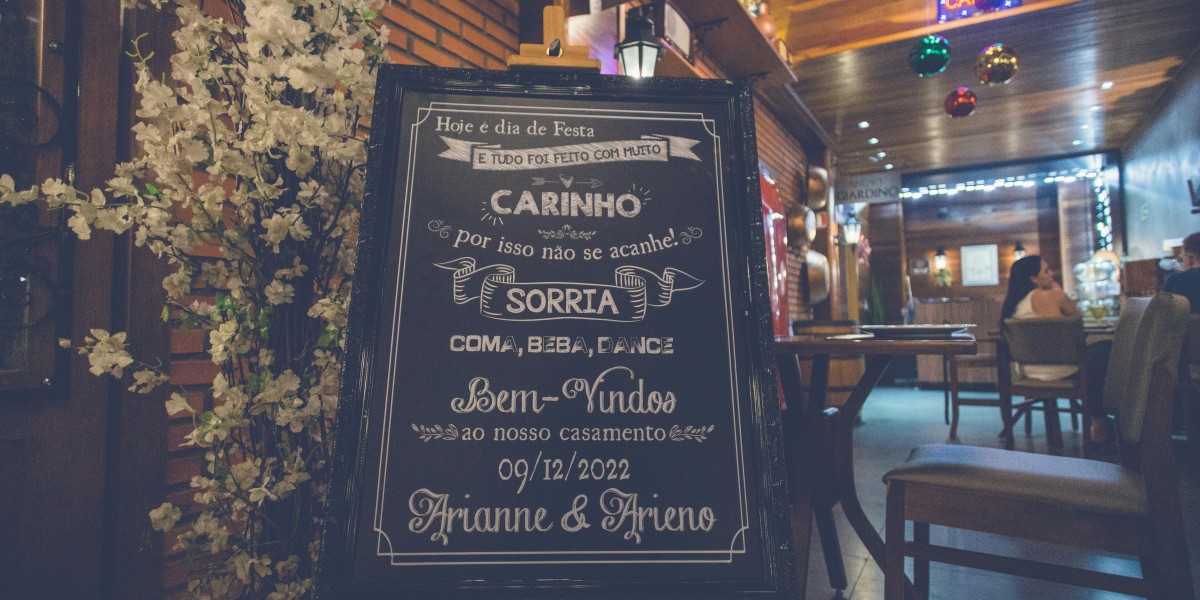
Cost of living in Braga
This northern city in Portugal offers a lower cost of living compared to the country’s major cities, and Braga’s real estate options are generally more affordable as well. Monthly costs for a family of four, excluding rent, are approximately €2,280. As of March, property prices in Braga averaged €1,968 per m2, with rent around €10.6 per m2. Renting an apartment begins at about €700, and typical utility costs reach €125.50 per month for an 85 m2 apartment.
Living in Braga vs Porto
When choosing between Braga and Porto, Braga offers a more relaxed atmosphere with cheaper housing and lower overall living costs. A similar 80 m2 apartment in Braga costs €848 per month, compared to €1,248 in Porto.
However, Porto sports a higher salary average and greater cultural amenities, with dining slightly more expensive, averaging €50 at mid-range restaurants compared to Braga’s €45. A monthly transport pass in Braga is more affordable than in Porto, though employment opportunities may be more varied in the larger city.
If you enjoy living by the sea, then Porto is a better option, although Braga is not too far from some of Portugal’s best seaside towns.
Braga: weather
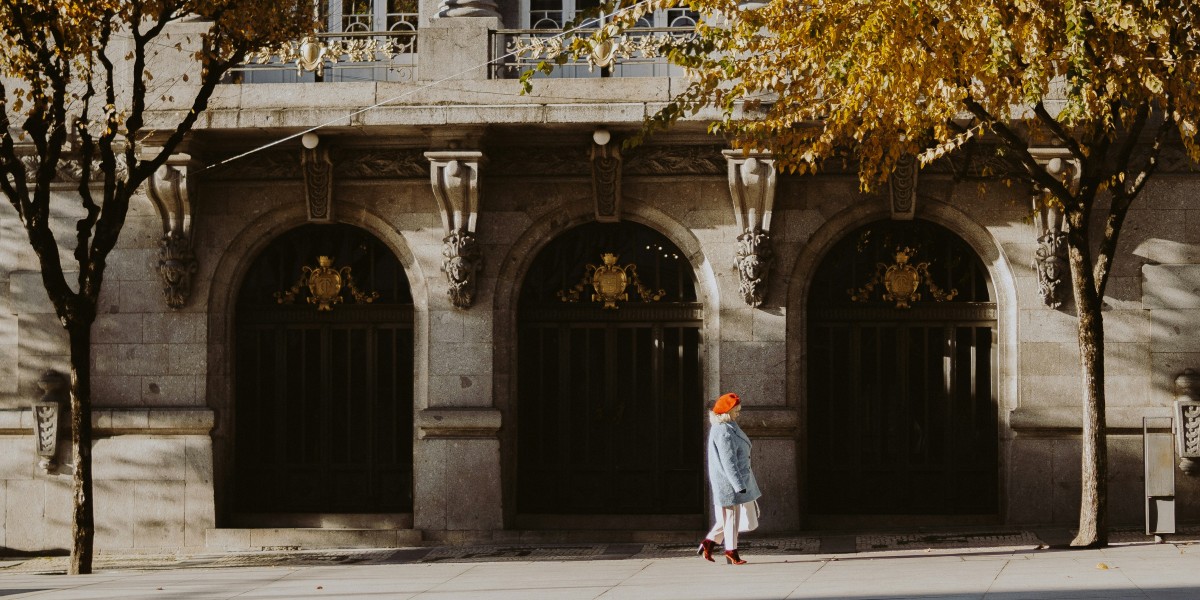
Braga’s climate is mild, with summer temperatures typically from 20 °C to 25 °C, but sometimes soaring to 40 °C in August. Winters are cooler, averaging 12 °C, though temperatures can dip below zero during the winter months.
With around 1,200 mm of rain annually, wet winters are complemented by dry, warm summers. However, it can rain a lot in Braga, especially between October and April.
Retire in Braga
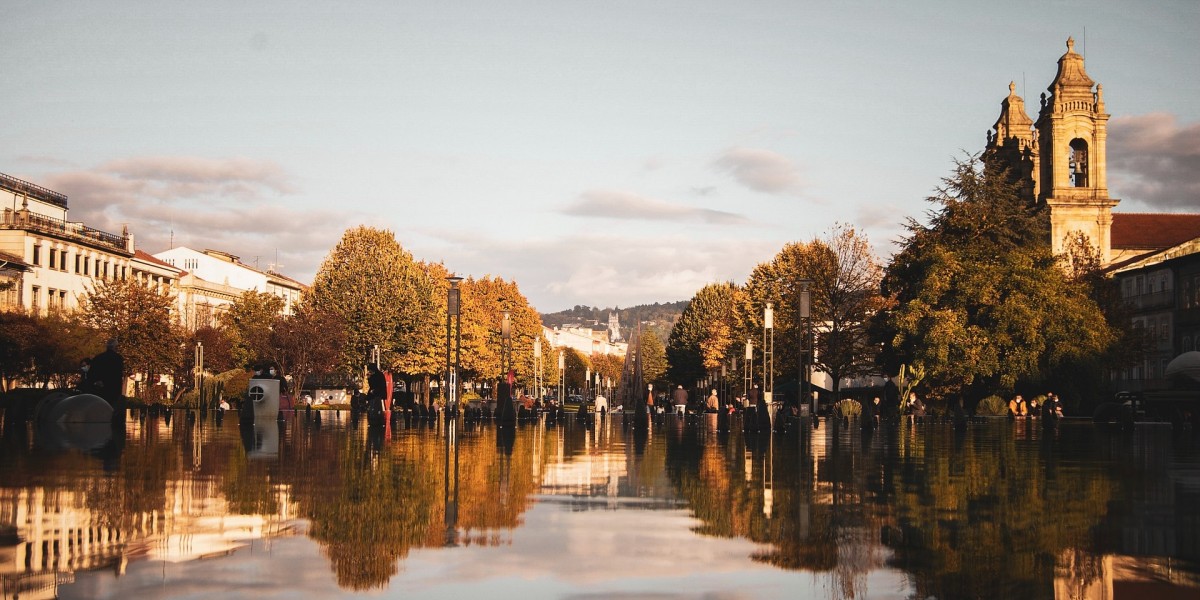
Braga is an ideal choice for retirees seeking a peaceful and safe environment. The city offers a rich history to explore, from baroque churches to the thriving vinho verde wine culture, with the Minho region as its home and Braga its capital. Places such as the cultural space gnration, Teatro Circo and Jam Jazz Minho also ensure you won’t run out of things to see and do in the city. Braga also has a large indoor market selling local produce, regular book clubs, and residents like to organise day excursions out into the countryside for hikes.
The area’s mild climate is more comfortable than the scorching summers of southern Portugal. Plus, the city's location is perfect for day trips to picturesque places like Chaves and Barcelos. Crossing into Spain is also an easy option for a taste of Galician culture.
Braga might be the ideal place in Portugal for you to retire if you enjoy a mild climate, having plenty of historic sites on your doorstep, and taking walks through the scenic Portuguese countryside.
